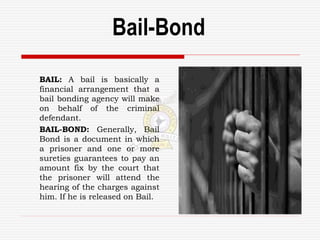Navigating the Legal Puzzle: Bail Bonds Explained for Beginners
Navigating the intricacies of the legal system can commonly seem like traversing a difficult puzzle, particularly when it comes to comprehending Bail bonds. For newbies entering this unknown surface, understanding the intricacies of Bail bonds is essential in making certain a smooth and educated procedure. From the basics of exactly how Bail bonds work to the different kinds readily available, each element plays an essential duty in facilitating the release of individuals awaiting test. As we dig much deeper right into this subject, quality will certainly be shed on the bail bond process, the associated expenses, and important ideas for successfully involving with bondsman.
Fundamentals of Bail Bonds
Bail bonds offer as a financial guarantee that an offender will appear in court as called for. If the individual can not pay for the complete Bail amount established by the court, a bail bond agent can be employed to provide the needed funds on their behalf.
Basically, a bail bond is a contract between the defendant, the court, and the bail bond representative - bail bonds dayton ohio. The representative consents to pay the complete Bail quantity if the accused fails to appear in court, in exchange for a non-refundable cost generally evaluated 10% of the complete Bail. This charge functions as the representative's revenue for taking on the risk of the defendant's non-appearance. By recognizing these fundamental concepts of Bail bonds, people can make informed choices when confronted with legal challenges that call for economic support for their launch.
Kinds Of Bail Bonds
The most typical kind is a cash bond, where the offender or a loved one pays the complete Bail quantity in cash. One more option is a surety bond, where a bail bondsman pays the Bail on behalf of the offender for a cost, commonly around 10% of the total Bail quantity. Understanding these various types of Bail bonds can help individuals browse the legal process extra effectively.
Bail Bond Refine Explained
The bail bond process involves a collection of legal actions that promote the release of a defendant from custodianship pending their court appearance. When a person is jailed, a judge sets a bail quantity based upon the seriousness of the supposed criminal activity and the chance of the accused appearing in court. If the defendant can not pay for the full Bail amount, they can look for the solutions of a bondsman. The offender or their liked ones pay the bondsman a non-refundable fee, generally a percent of the complete Bail quantity, to protect a bail bond. The bail bondsman after that publishes the complete Bail amount to the court, assuring the defendant's look in all court procedures.

Recognizing Bail Bond Expenses
Upon protecting YOURURL.com a bail bond via a bondsman, individuals experience an essential element of the legal process: the financial obligations linked to the bail bond. Bail bond prices generally involve a non-refundable cost, generally around 10% of the complete Bail amount set by the court. For example, if the court establishes Bail at $10,000, the bail bond premium will be $1,000. If the accused fails to show up in court., this cost is the bail bondsman's fee for posting the full Bail amount and presuming the threat.
In addition to the costs, security may be called for to secure the bail bond. Security can be in the type of property, beneficial assets, or a co-signer that guarantees repayment if the defendant avoids Bail. The security functions as a back-up plan for the bail bondsman in case the offender absconds.
It's important for people seeking Bail bonds to completely recognize the expenses entailed and the terms of the arrangement prior to proceeding. By being educated concerning bail bond expenses, people can navigate the legal process a lot more successfully and make well-informed decisions.
Tips for Dealing With Bail Bondsmen

Furthermore, it's necessary to provide accurate information concerning the offender and their instance. This includes details such as their full name, date of birth, the location of their apprehension, and the costs they are facing. bail bondsman dayton ohio. Offering wrong or insufficient information can bring about hold-ups in the bail bond process

Verdict
In verdict, understanding the basics of Bail bonds, the various kinds offered, the procedure included, and the prices associated with them is essential for browsing the legal system. By functioning with bondsman and complying with these tips, people can make sure a smoother and more reliable Bail process. It is essential to be educated and educated when managing Bail bonds to prevent any type of unneeded difficulties or misconceptions.
Essentially, a bail bond is an agreement in between the accused, the court, and the bail bond representative. One more alternative is a surety bond, where a bond bondsman pays the Bail on behalf of the offender for a fee, commonly around 10% of the overall Bail quantity. The defendant or their enjoyed ones pay the bondsman a non-refundable fee, typically a percent of the overall Bail quantity, to secure a bail bond.Upon safeguarding a bail bond through a bail bondsman, individuals experience a crucial element of the lawful process: the economic obligations linked to the bail bond. Bail bond expenses generally involve a non-refundable charge, typically around 10% of the complete Bail amount set by the court.